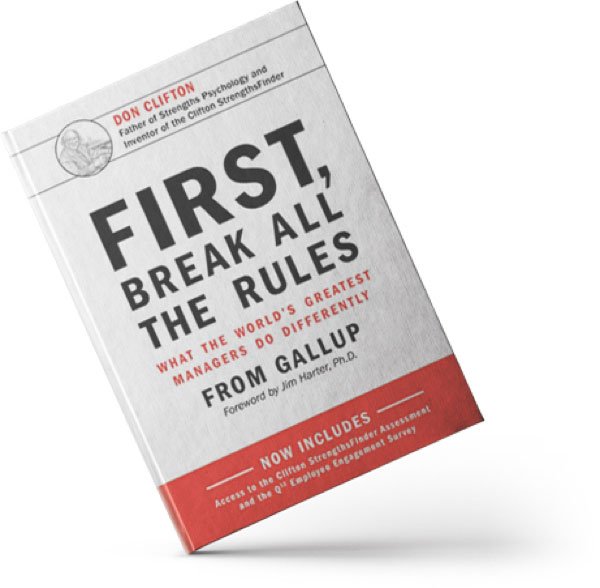Switching auditors doesn’t usually make anyone’s “exciting career highlights” list. But – done correctly – it could.
A timely, carefully considered switch can save you headaches, free up your team’s time, and give you an audit relationship that actually adds value to your business.
If you’re an FD or CFO eyeing up a change of auditor, we’re here to dispel common myths and explain what the process will look and feel like. Helping you to make informed decisions and keep your business on the front foot.
SWITCHING AUDITORS: WHAT DOES IT FEEL LIKE FOR AN FD OR CFO?
Changing auditors can feel like a big moment for any FD or CFO – and understandably so. You’ve likely built trust, shared many an insight and relied on your auditor’s understanding of your business. So, when it’s time to move on, it can stir up a few questions: Will the new firm “get” us? Will the transition be smooth? Will it disrupt our reporting cycle?
The reassuring truth: it’s a well-trodden path. A good incoming auditor will be proactive, collaborative and considerate of the groundwork already laid. They’ll liaise with your outgoing auditor, review prior files and work hard to understand your business quickly – from the numbers and your commercial operations to your vision, culture, pressure points and all.
If you’ve chosen a firm that aligns with your values and pace, the change can feel energising, with new ideas and a chance to raise the bar. It’s less about disruption and more about evolution – a chance to challenge assumptions, sharpen insights and build a relationship that truly supports your ambitions.
WHY SHOULD YOU SWITCH AUDITOR?
There are plenty of reasons. Sometimes the rules force your hand (rotation, independence issues, group requirements). Other times, it’s about you needing a fresh, forward-thinking alternative, and some of the most common reasons we’ve heard during proposals include:
- You might not even realise that your ‘normal’ is below the standard or service your business deserves.
- You’re tired of rising fees but falling service levels.
- You want a team that responds quickly, works proactively and talks your language.
- You’re after fresh eyes on the numbers.
- Perhaps there’s a better cultural fit out there for you.
Whatever the driver, it’s your chance to step back and ask: What do we actually want from an auditor?
SWITCHING AUDITORS: WHAT DOES THE PROCESS LOOK LIKE?
Getting the green light
First, your board (and sometimes shareholders) need to sign off. You’ll likely be pulling together the business case and making the recommendation.
Running the tender
Think of it like interviewing. You’ll share background info – accounts, structures, systems, minutes – and the firms will pitch. You’re judging them not just on technical skills, geographic reach and price, but how they’ll work with you and your team. Will they be proactive? Responsive? Easy to deal with?
Closing things off with the old auditor
Your outgoing auditor has to file a formal note with Companies House and notify the relevant audit authorities.
The handover
Your new auditor is required to check in with your old one before accepting the job. Then, once the handover begins, your old auditor will share any relevant audit working papers, audit files and correspondence with the new one.
Onboarding and planning
As you kick things off with your new auditor, they will ask you for:
- A walk-through of your systems and controls.
- Your accounting policies.
Naturally, year one will feature more questions as your new auditor gets to know your business and lays the foundations for the years ahead.
What you’ll need to provide
If you’re planning to change auditor, it’s a good idea to have these prepped and ready to share for a smooth transition:
- Last year’s accounts and audit report
- Board and committee minutes
- Group structure charts
- Trial balances and reconciliations
- Prior year management letters and adjustments
Things worth thinking about
- Timing: Typically, the best time to change is just after you’ve signed your accounts.
- Fees: We absorb the additional costs in year one as an investment in the new relationship.
- Culture: How aligned are you and your auditor? This is hugely important in forming a lasting relationship.
- Your team: Whilst it’s important to be ready for change, you can rest assured
The Bottom Line
Changing auditors isn’t just a procedural move, it’s a strategic one. And, with the correct partner, it’s your chance to raise standards, working alongside talented people who make your life easier.
It can feel like a big move when you have lots of other projects on the go, but get it right, and it could be the smartest finance decision you make this year.
Thinking about making the switch? Our team’s here to chat it through and show you just how smooth the process can be. Get in touch today.




















